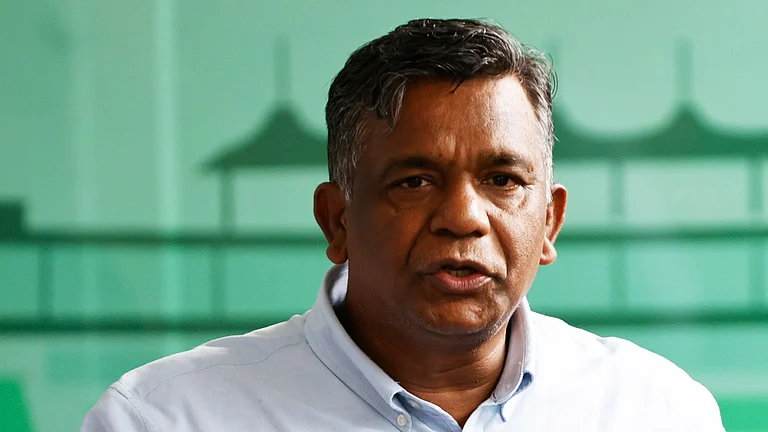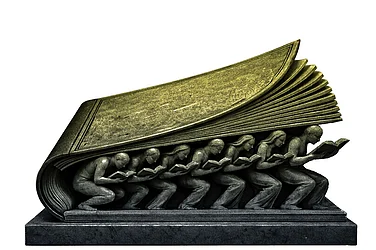The Central Board of Secondary Education (CBSE) has opposed a Public Interest Litigation (PIL) in the Delhi High Court that demanded a uniform education system across the country up to Class 12 on the lines of 'One Nation One Education Board'. The CBSE, in its response, said the idea of uniform board/syllabus across India does not take into account the “local context, culture and language”.
In India, the National Council for Education Research and Training (NCERT) develops the National Curriculum Framework which takes into account recommendations given by the National Policy on Education (NEP). “There is a national framework with flexibility for the emphasis on local resources, culture and ethos. A child can better relate to a curriculum that is more closely related to his/her life outside the school. Therefore, the multiplicity of curricula and other educational resources is desirable in addition to a core common element,” CBSE has said.
The PIL, filed by advocate A.K. Upadhyay, argued that different syllabus and curriculum by the CBSE, ISCE and State Boards was arbitrary and contrary to the Constitution. He also claimed that the absence of a common curriculum in the mother language leads to the fostering and perpetuation of ignorance and delays the attainment of fundamental duties, according to a report by LiveLaw. It sought a direction to the Centre to implement a uniform education system (common syllabus and common curriculum in the mother tongue) up to Class 12.
The Board however, in response said as that education is under the Concurrent List of the Constitution of India and a majority of schools are under the state government’s jurisdiction, it is for the respective state or union territory governments to frame syllabus curriculum and conduct exams. The State Council of Educational Research and Training (SCERTs) and State Education Boards either adopt or adapt NCERT’s model syllabi and textbooks or develop their own syllabi and textbooks based on the NCF, the affidavit explained.
CBSE opposed the present writ petition seeking a uniform education system across the country claiming that it is devoid of merits in the interest of justice.


























